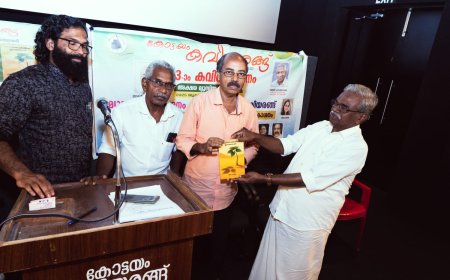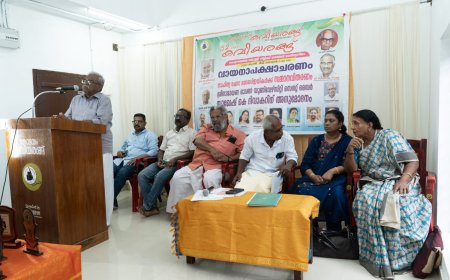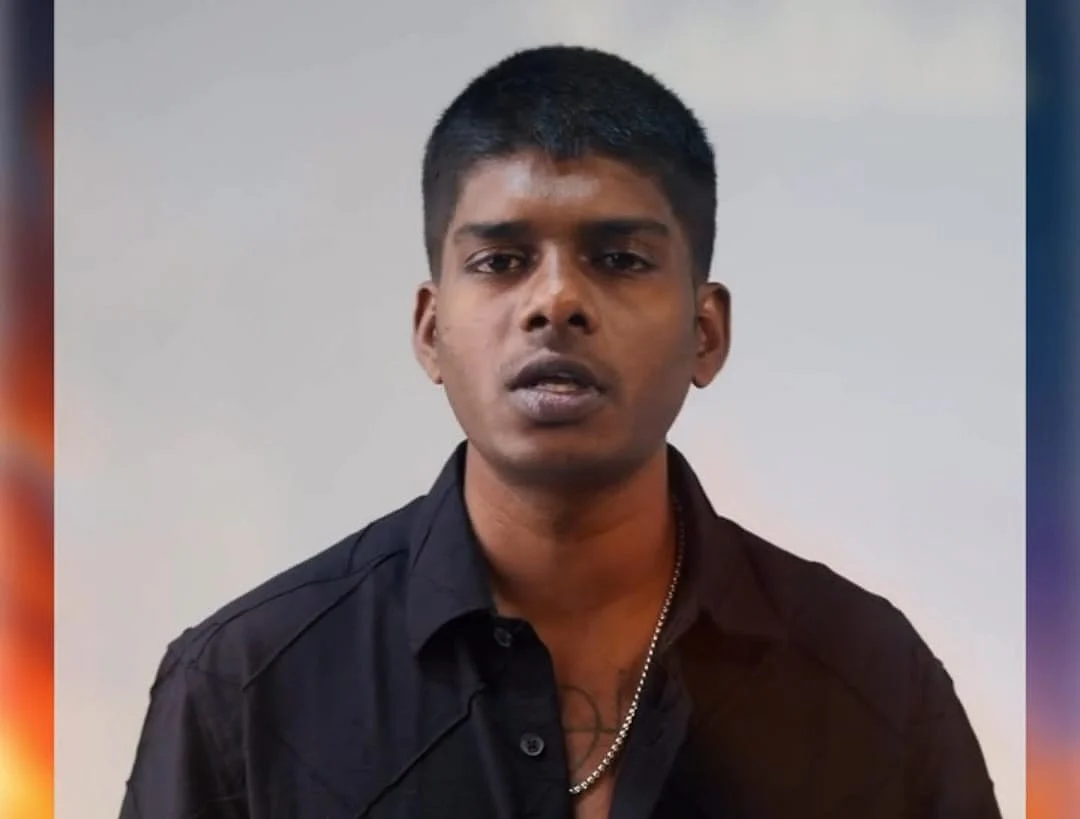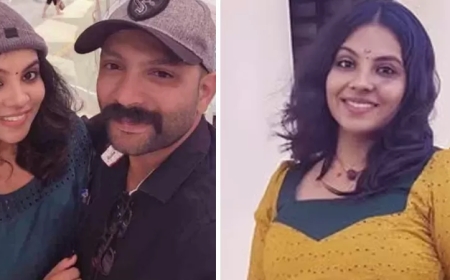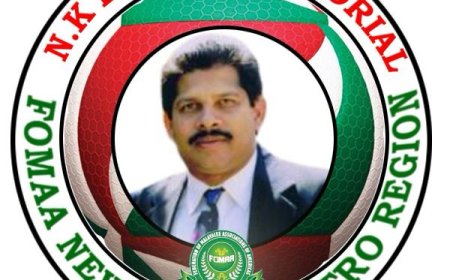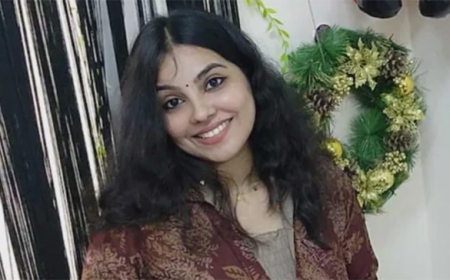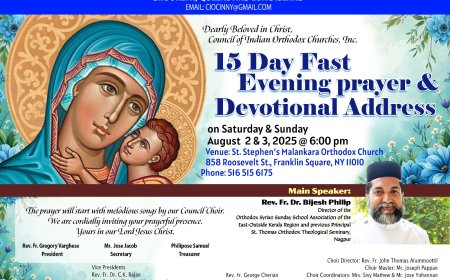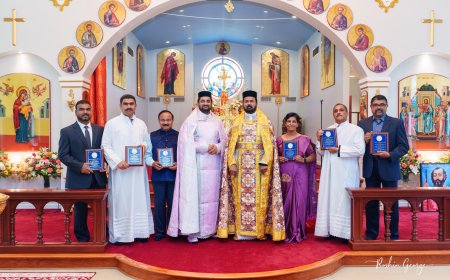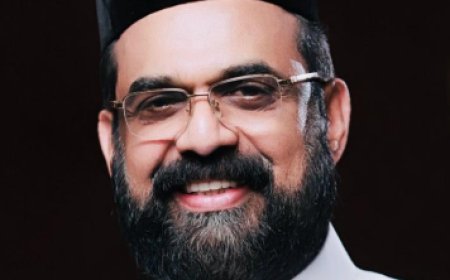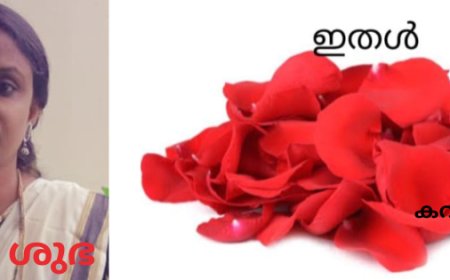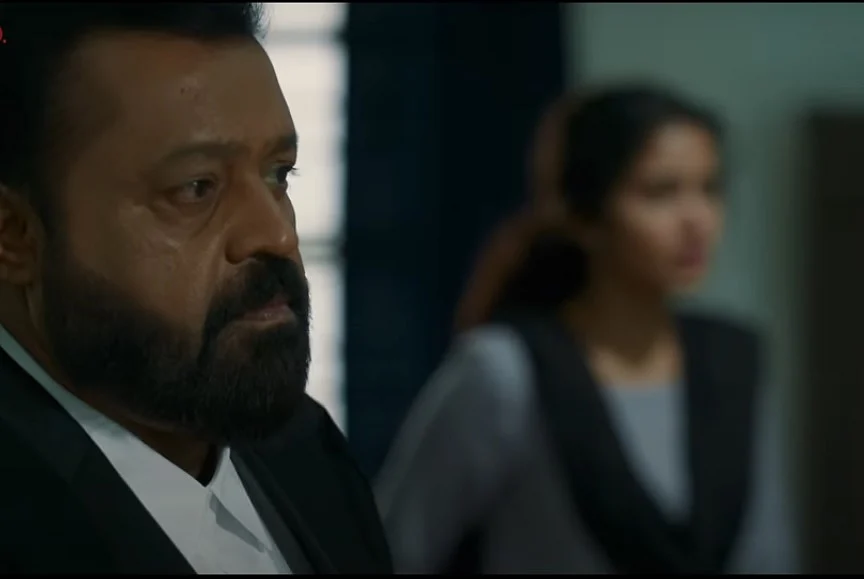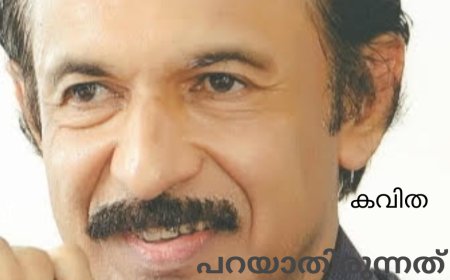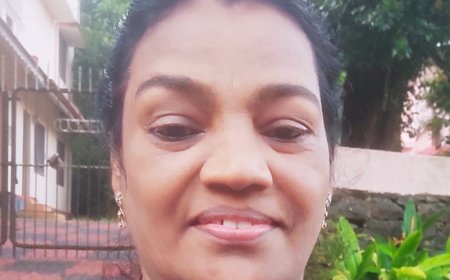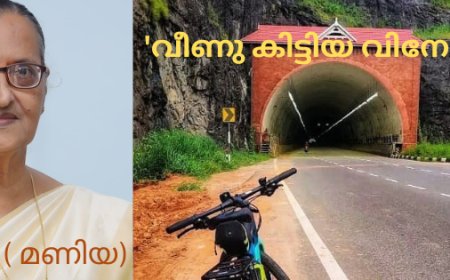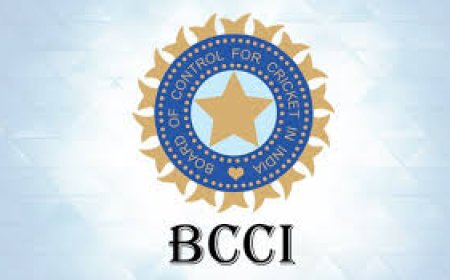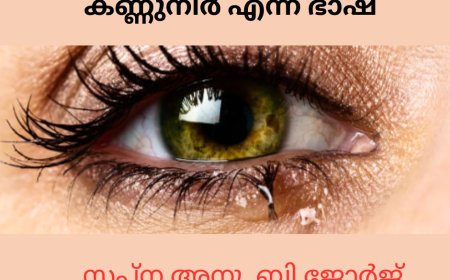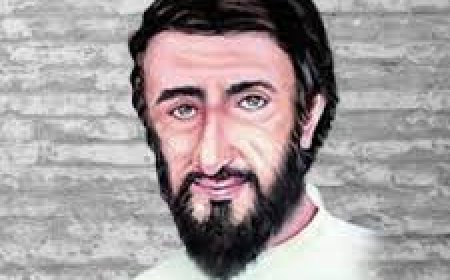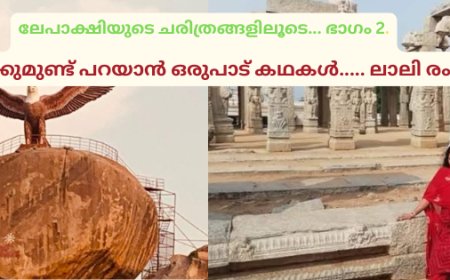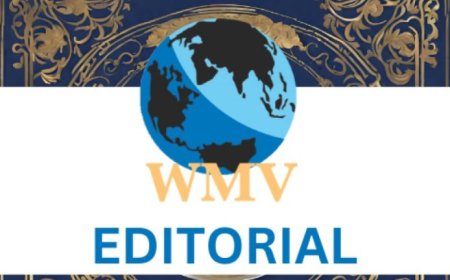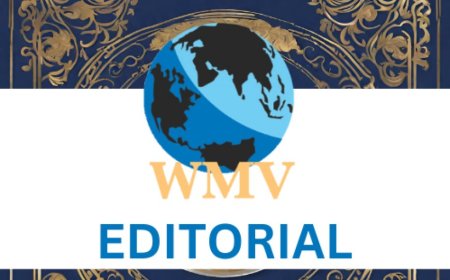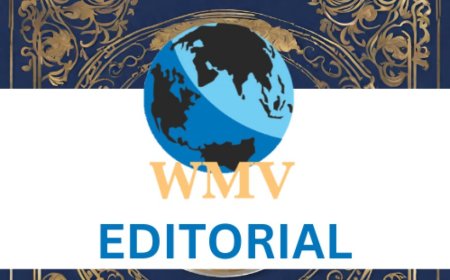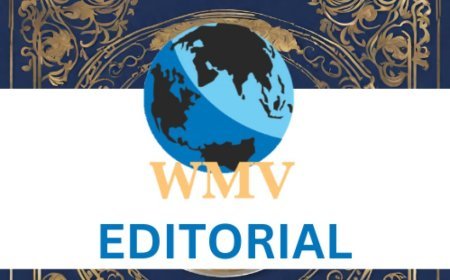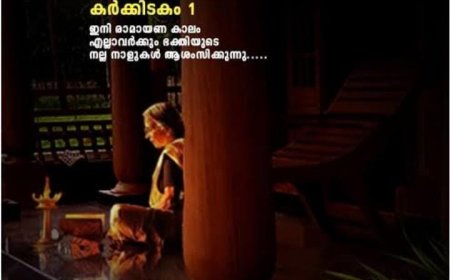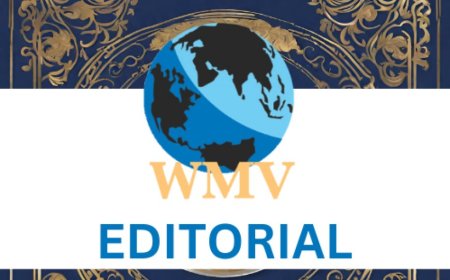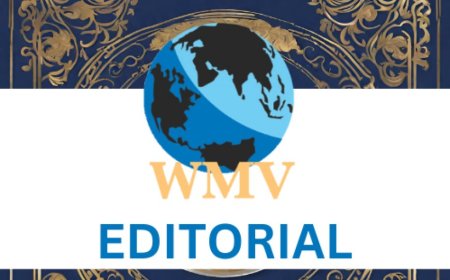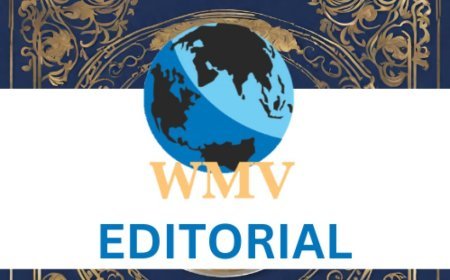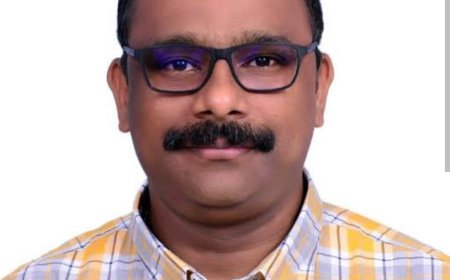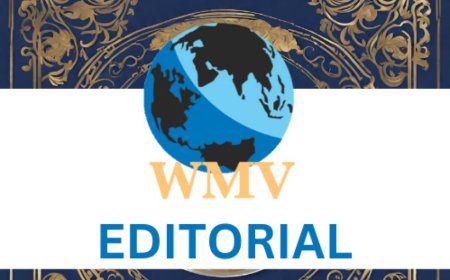HC appoints amicus curiae to frame rules for medical negligence committees
Follow TNM’s WhatsApp channel for news updates and story links.The Kerala High Court, on Thursday, June 19, appointed advocate Akash S as amicus curiae to assist in drafting guidelines for the functioning of medical committees in negligence cases. Justice VG Arun observed that the absence of such guidelines could undermine an accused person’s right to a fair trial.The court was hearing a petition filed by a doctor accused of medical negligence leading to a patient’s death. In such cases, Expert Committees are constituted to provide independent medical opinions on whether negligence occurred. The petitioner’s counsel contended that the Committee neither heard the doctor’s version of events nor shared its report with him.The legal basis for forming such committees stems from the Supreme Court’s 2005 ruling in Jacob Mathew v State of Punjab, which directed that an Expert Committee must be constituted in medical negligence cases. However, the Additional Director General of Prosecution (ADGP) acknowledged before the High Court that there are currently no rules outlining how these Committees should operate.Taking this into account, the High Court emphasised that the lack of procedural guidelines could compromise the rights of those accused. “As the matter requires detailed deliberation, Adv. Akash S is appointed as Amicus Curiae to assist the Court, and the learned counsel for the petitioners, as well as the learned ADGP, are requested to make their suggestions as to the manner in which the guidelines are to be formulated,” the HC order said.Recently, TNM had reported the case of Neethu, a 31-year-old software engineer from Kerala’s Thiruvananthapuram, who had to undergo finger amputation following an allegedly botched up tummy tuck surgery. The first Expert Committee report in her case was inconclusive, and the formation of a second Committee is still pending. Her family has accused the Committee of shielding the doctors involved, citing the lack of proper operational guidelines.

Follow TNM’s WhatsApp channel for news updates and story links.
THE Kerala High Court on Thursday, June 19, appointed advocate Akash S as amicus curiae to assist in drafting guidelines for the functioning of medical committees in negligence cases.
Justice VG Arun observed that the absence of such guidelines could undermine an accused person’s right to a fair trial.
The court was hearing a petition filed by a doctor accused of medical negligence leading to a patient’s death. In such cases, Expert Committees are constituted to provide independent medical opinions on whether negligence occurred.
The petitioner’s counsel contended that the Committee neither heard the doctor’s version of events nor shared its report with him.
The legal basis for forming such committees stems from the Supreme Court’s 2005 ruling in Jacob Mathew v State of Punjab, which directed that an Expert Committee must be constituted in medical negligence cases.
However, the Additional Director General of Prosecution (ADGP) acknowledged before the High Court that there are currently no rules outlining how these Committees should operate.
Taking this into account, the High Court emphasised that the lack of procedural guidelines could compromise the rights of those accused.
“As the matter requires detailed deliberation, Adv. Akash S is appointed as Amicus Curiae to assist the Court, and the learned counsel for the petitioners, as well as the learned ADGP, are requested to make their suggestions as to the manner in which the guidelines are to be formulated,” the HC order said.
Recently, TNM had reported the case of Neethu, a 31-year-old software engineer from Kerala’s Thiruvananthapuram, who had to undergo finger amputation following an allegedly botched up tummy tuck surgery.
The first Expert Committee report in her case was inconclusive, and the formation of a second Committee is still pending. Her family has accused the Committee of shielding the doctors involved, citing the lack of proper operational guidelines.
